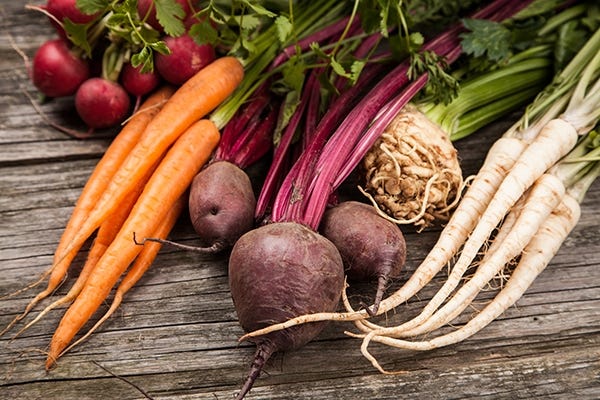It’s National Allotment Week (14th – 20th August) so we’ve been looking at which jobs need doing in the vegetable garden.
- Pepper plants will benefit from being potted on into progressively larger pots.
- Train cucumber stems upwards instead of trailing over the ground to make the most of the space available. Simply tie in their long stems to vertical wires or a wigwam of poles.
- If you're growing aubergines, pinch out the growing tip once they have 5 or 6 fruits. Pick fruits while they are young. You can expect to start harvesting in mid to late summer.
- Nip off the growing tips of squash and courgettes to encourage branching.
- Pinch out tomato side shoots each week. Cut off any leaves growing below the lowest ripening fruit trusses to improve air circulation and prevent diseases.
- Boost your tomato crop by regularly feeding them with dilute tomato fertiliser once a week. If leaves look pale and yellow feed more regularly.
- Feed crops with a general purpose fertiliser.
- Apply a high-potash fertiliser once fruits start to form on peppers, cucumber and tomatoes. You can use this on sunflowers too.
- Harvest garlic when the tops start to bend over and yellow.
- Pick your courgettes while they are young. Regular picking encourages more fruit.
- Encourage more marrows by harvesting regularly. Marrows that form in July and August should reach a good size by autumn. Let their skins harden in the sun before cutting them later in September or October. They can be stored into winter.
- Pick, dry and freeze herbs for using later in the year.
- Resist the temptation to harvest more rhubarb stems. This allows the plant to build up reserves for next year.
- Pick runner beans regularly to prevent them becoming stringy and to make room for developing pods. Leaving mature pods on the plant can prevent further flowers forming and reduce your crop.
- Harvest beetroot, peas, carrots, chard, potatoes, salad leaves, lettuce and tomatoes this month.
- Water your fruit and vegetable crops daily in warm weather. Try to ensure that they are consistently moist.
- Use grass clippings as a mulch around potato plants to stop tubers near the surface from turning green. Alternatively earth up your potato plants as they grow. If you're growing potatoes in bags, gradually add more compost until the bag is full.
- Control slugs to prevent them damaging your crops. Try using a natural pest control to reduce numbers.
- Tackle blackfly on broad beans by pinching off any affected growing tips.
- Check for cabbage white butterfly eggs under brassica leaves and squash any that you find.
- Clear away any diseased and spent foliage on and around your vegetable plants to keep them healthy.
- Clear weeds regularly, as they compete with your crops for nutrients and water.
Information supplied by Oaklands Plant Nursery in Street, Somerset.

